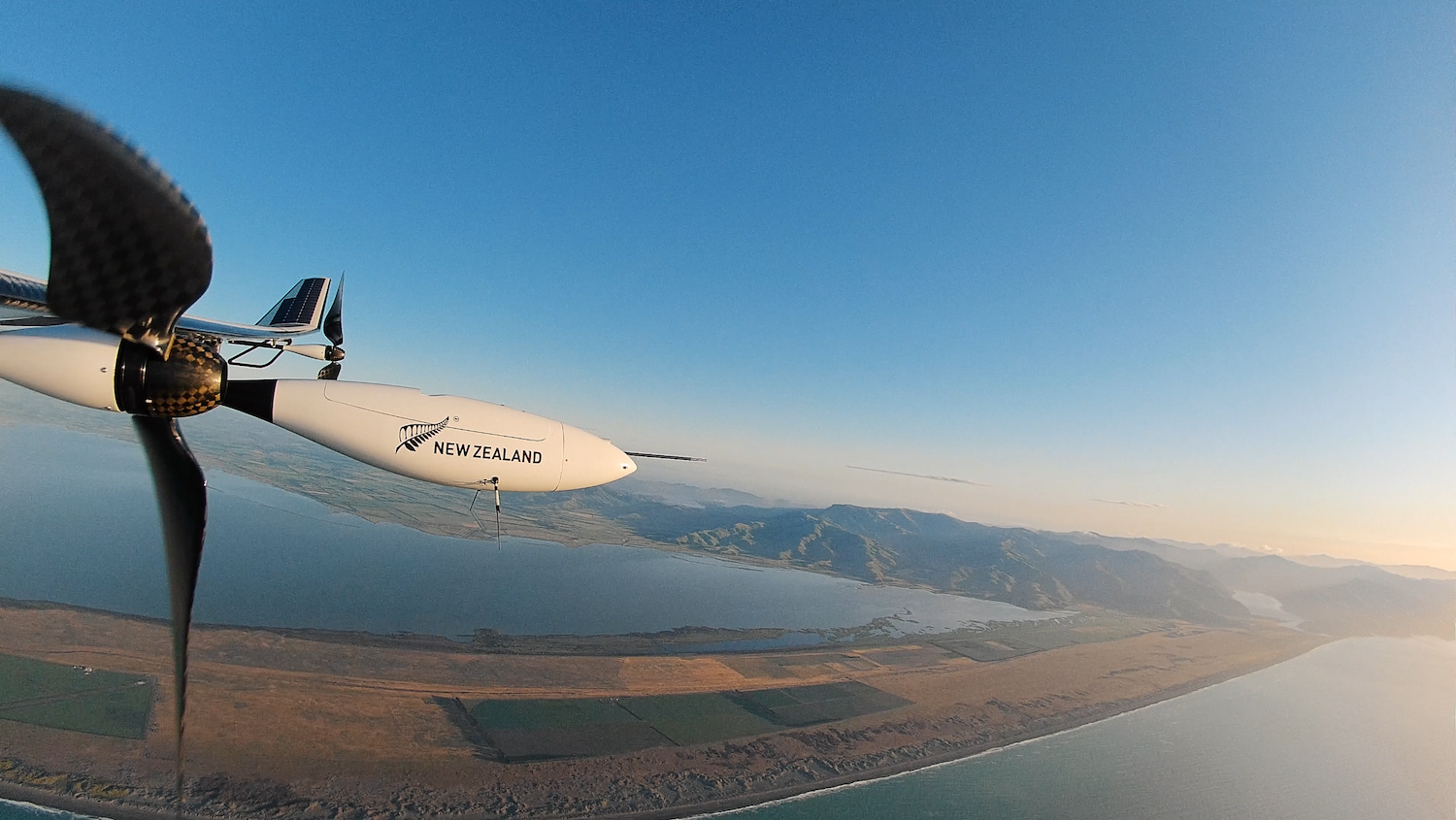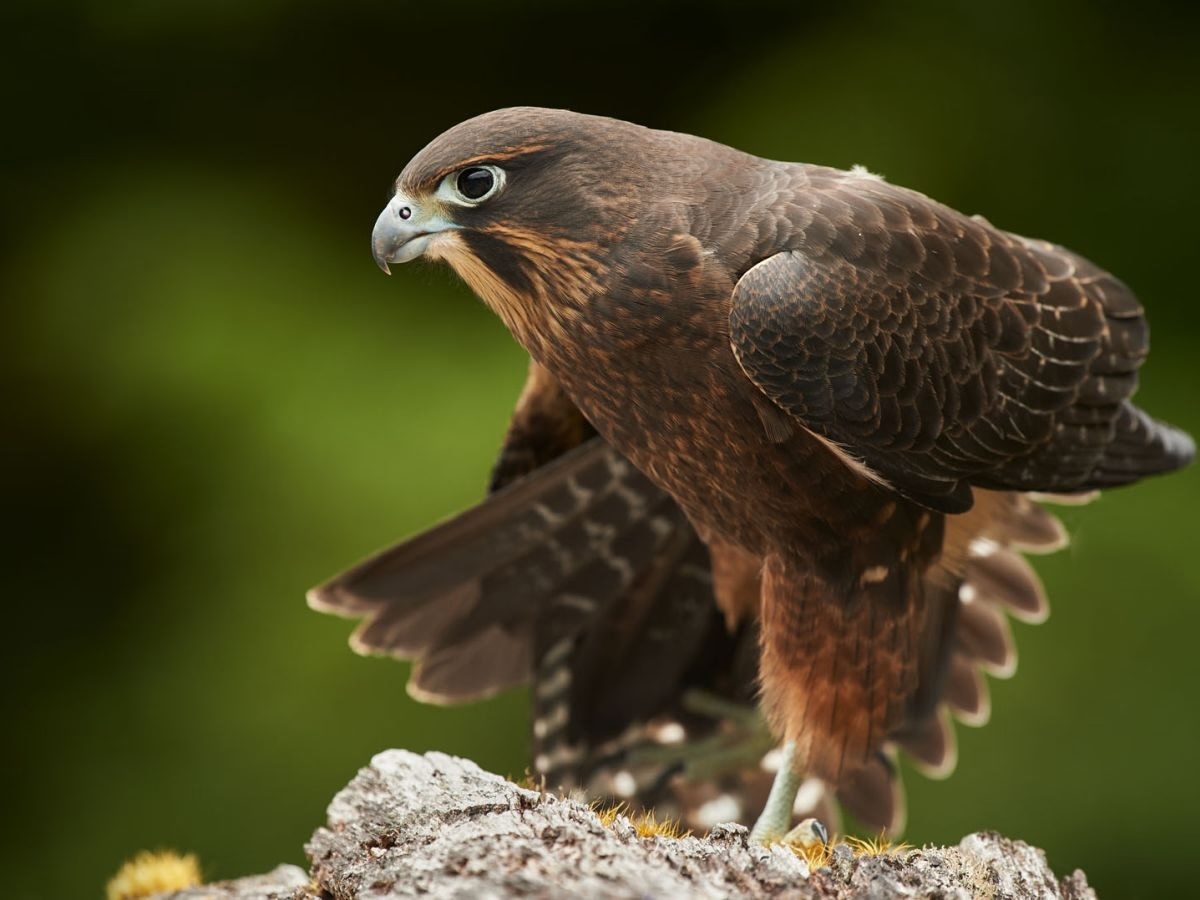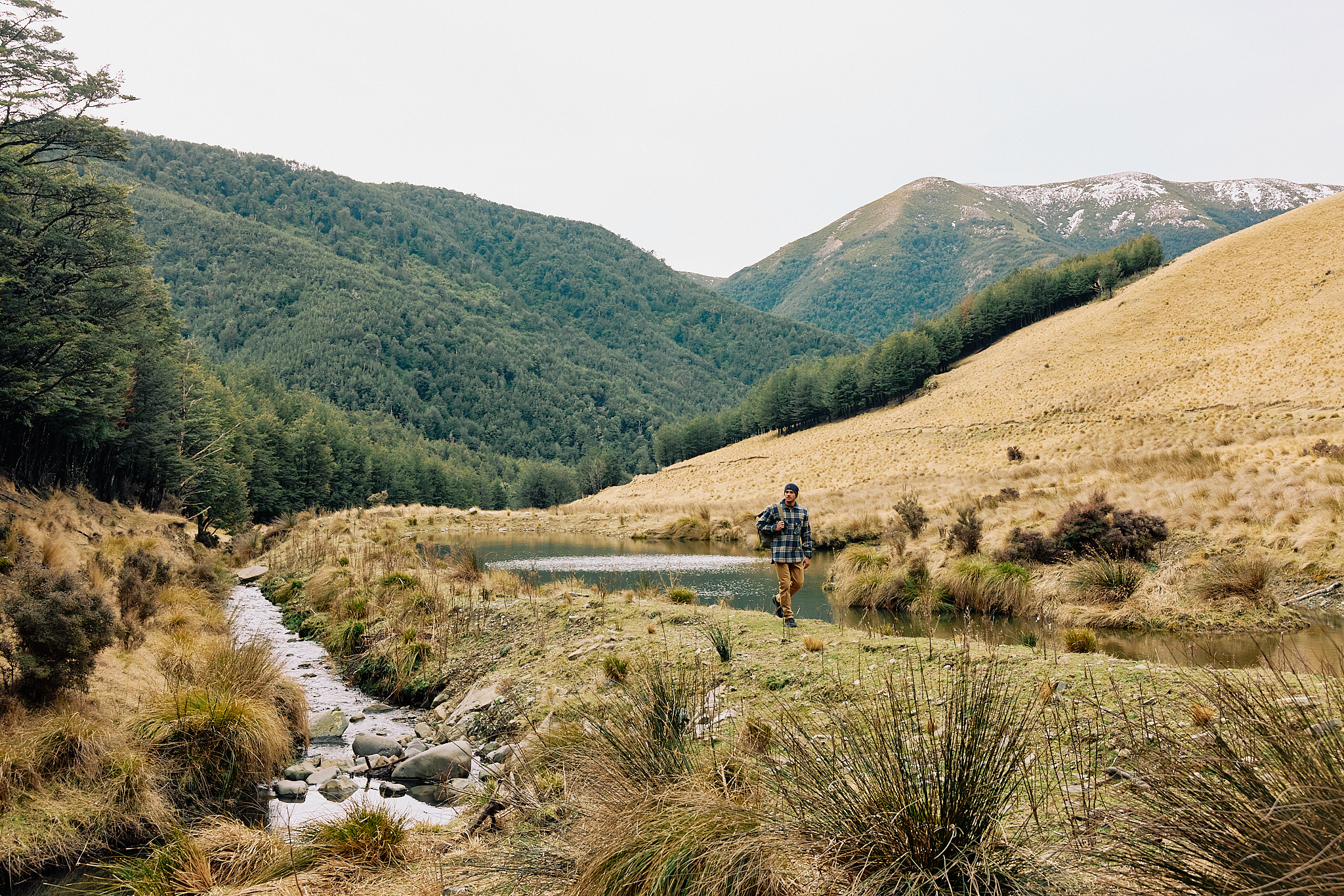The Quartet travelled Aotearoa New Zealand and the world, performing a range of songs from Māori classics, country, pop, and easy-listening standards. When Temuera was 14, his father died in a car accident, leaving his mother Hana to raise eight children.

Temuera Morrison
Actor Temuera Morrison (Te Arawa, Ngāti Whakaue, Ngāti Maniapoto, Ngāti Rārua) was born into a family of performers on 26 December 1960. His grandmother Kahu had been singing professionally from the age of 16, and his father Laurie was a founding member of the Howard Morrison Quartet, a popular singing group set up by Howard Morrison (Temuera’s uncle) in 1956.

“I’m using my warrior background as a source of energy, and as a source of confidence.”
Living in Rotorua, he grew up immersed in te reo Māori on both sides of his family. His maternal grandmother, Roimata Stafford, barely spoke any English.
“I came out of my mother’s womb doing the haka,” he said.
Named after his maternal grandfather, Temuera would spend school holidays in the King Country, helping with early-morning chores, catching horses, milking cows, and taking the cream cans to the farm gate.
He was 11 when he was cast in Rangi’s Catch, a film originally made for British television which was played as a feature film in New Zealand. He played one of four children chasing a pair of escaped convicts. He spent a few years as a cadet at the Ministry of Māori Affairs before applying for a 20-week training programme in performing arts. His famous uncle launched the scheme, and Temuera pretended they weren’t related in order to clinch his spot.
In 1984, he was cast as a Rastafarian street kid in the local police series Mortimer’s Patch, after being recommended by his mentor Don Selwyn, and his career blossomed from there with plenty of roles in local dramas and movies. By 1992, he landed a role on Shortland Street, a new hospital soap opera, as ladies’ man Dr Ropata, where he stayed for three years.
It was his role in the 1994 movie Once Were Warriors as Jake ‘The Muss’ Heke which launched him on the global film scene. He spent three months bulking up, with the help of his agent Robert Bruce, and friend Kevin Smith, adding nine kilos of muscle. Directed by Lee Tamahori, the film was critically acclaimed, with high praise for his and Rena Owen’s performances. Roger Ebert wrote: “You don’t often see acting like this in the movies.” In 1999, he reprised the role in What Becomes of the Broken Hearted? where Jake tries to break out of the cycle of violence. This was directed by Ian Mune, his co-star in his first film, Rangi’s Catch.
Temuera’s performance in Once Were Warriors brought Hollywood calling, and he starred in several movies with varying levels of success, including Barb Wire (1996), alongside Pamela Anderson, Speed 2: Cruise Control (1997), Six Days Seven Nights (1998), with Cliff Curtis, and as Marlon Brando’s right-hand Dog Man in The Island of Dr Moreau (1996). In 2001, he starred in Crooked Earth, directed by Sam Pillsbury.
In 2002, he joined the Star Wars franchise, playing Jango Fett in Star Wars: Episode II – Attack of the Clones (2002). He also provided voice acting for the clones and went on to voice Jango Fett and his clones in several Star Wars video games. He featured as several clones in Star Wars: Episode III – Revenge of the Sith (2005), and re-recorded the lines of Boba Fett, Jango’s clone ‘son’.
He physically portrayed Boba Fett in the second season of The Mandalorian (2020-2023), created and executive produced by Jon Favreau, injecting some Māori culture into the role with his acting and fight scenes:
“I come from a warrior background. I’m a Māori, and I’ve been trained as a young boy in the art of our haka. ‘Ha’ is the breath, and ‘ka’ is the fire. I’m using my warrior background as a source of energy, and as a source of confidence.”
He also starred in the Book of Boba Fett (2021–2022), which ran for seven episodes on Disney+, almost 20 years after suiting up as Jango Fett.
“I never in my wildest dreams thought about playing Boba Fett… I must thank George (Lucas) for making me Jango Fett,” he says.
Expanding across another film franchise, Temuera also appeared with Taika Waititi in the DC Comics films Green Lantern (2011), directed by fellow New Zealander Martin Campbell. He appeared as Tom Curry, the father of Jason Momoa’s character in Aquaman (2018), a role he will reprise in The Flash and Aquaman and the Lost Kingdom.
In 2016, Temuera voiced Moana’s father Chief Tui in the animated film Moana (2016), alongside Jemaine Clement, who voiced Tamatoa the crab, and Rachel House, who voiced Gramma Tala. All three reprised their roles in the 2020 adaptation of Moana into te reo Māori.
Life as an actor hasn’t always been a smooth ride, and Temuera endured a fallow patch in his acting career from around 2005 to 2011. He admits he didn’t always make the best choices – including not learning how to speak with an American accent.
“I just couldn’t master it really,” he says. “I thought I could get away with things. In the downtime you should be working on your craft, that includes your voice. I think I just got too lazy.”
Lazy or not, that unique accent was part of the magic that brought Boba Fett back to life, and now fans the world over get to listen to it in movies and on video games.
Temuera wrote a memoir From Haka to Hollywood in 2009 and gradually managed to turn his career around. His role as Jake the Muss inspired Jason Momoa to get into acting, and he was key in getting Temuera the role in Aquaman.
“Once Were Warriors was a huge movie for me,” Jason says. “What he did in that movie was just so complex and unbelievable, and it’s what I channelled in Game of Thrones.”
Always proud of his heritage, Temuera Morrison deserves his place as one of Aotearoa New Zealand’s best-known actors.
Explore the Legacy Project
.jpg)
Explore the Legacy Project
.jpg)
Explore the Legacy Project
.jpg)





